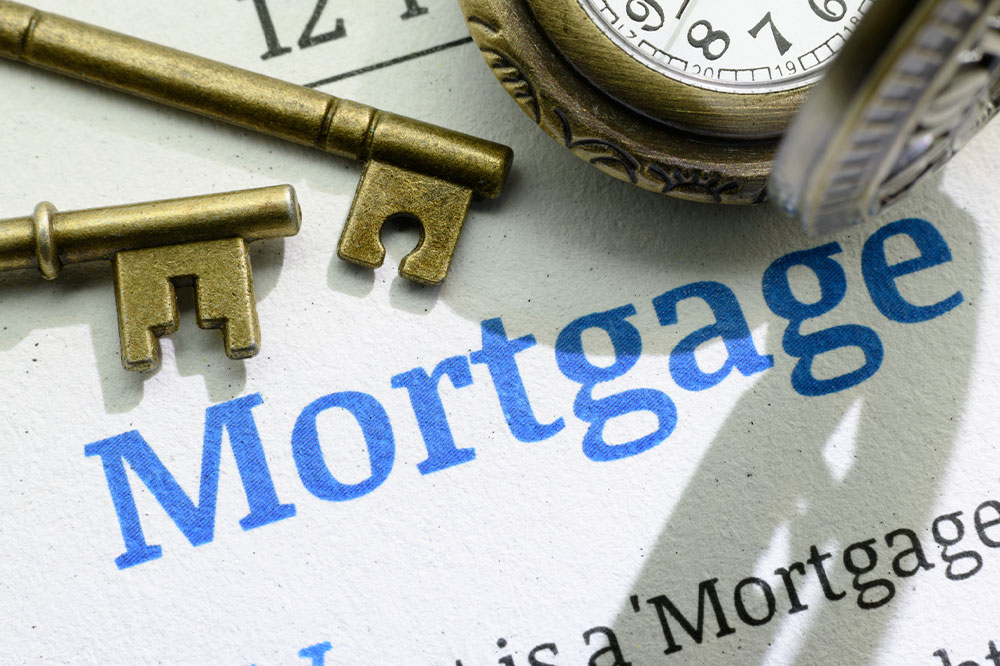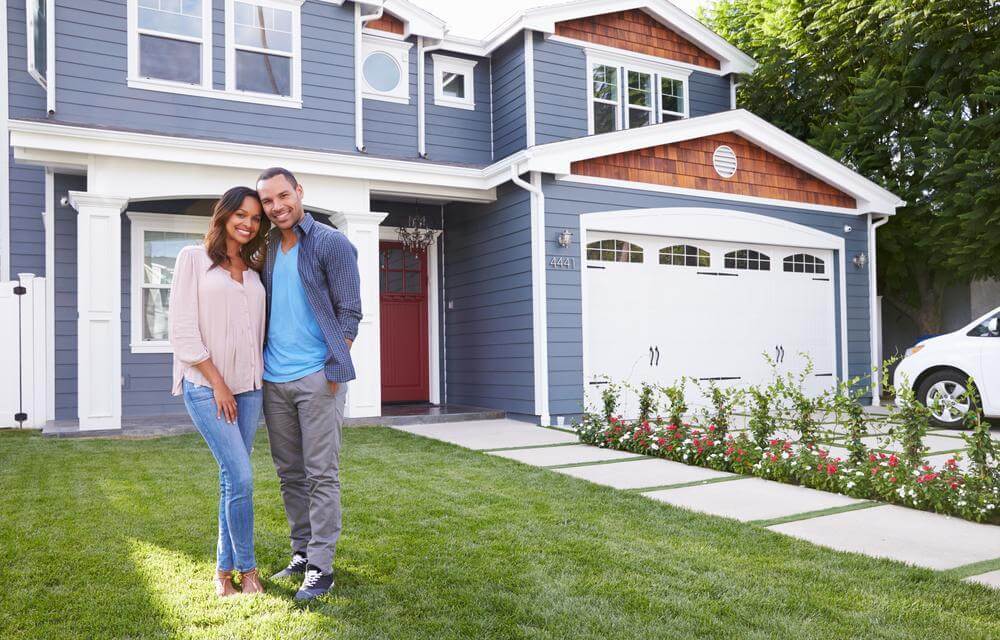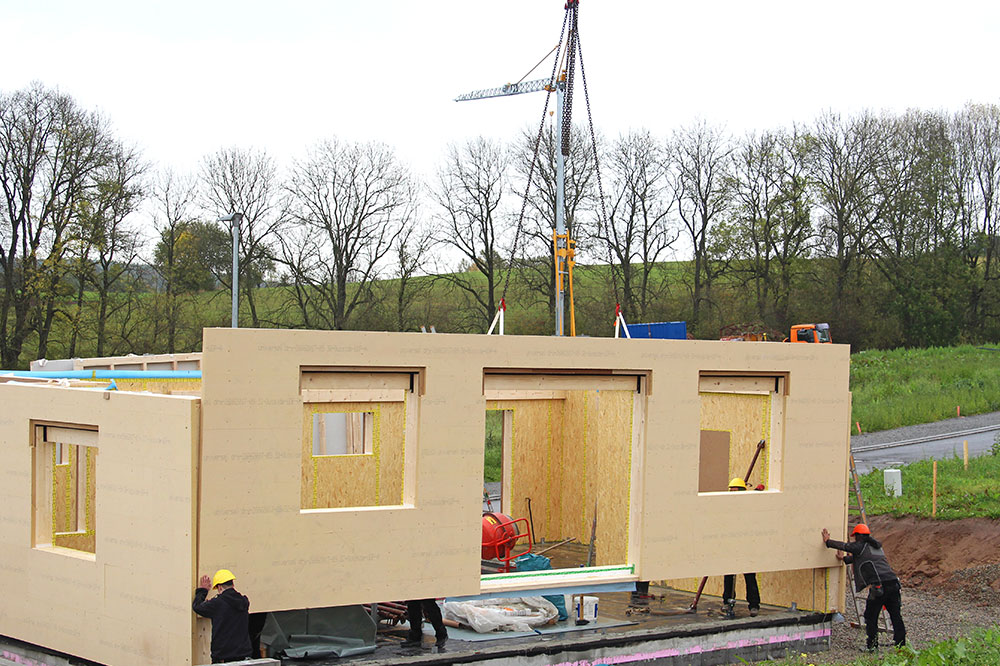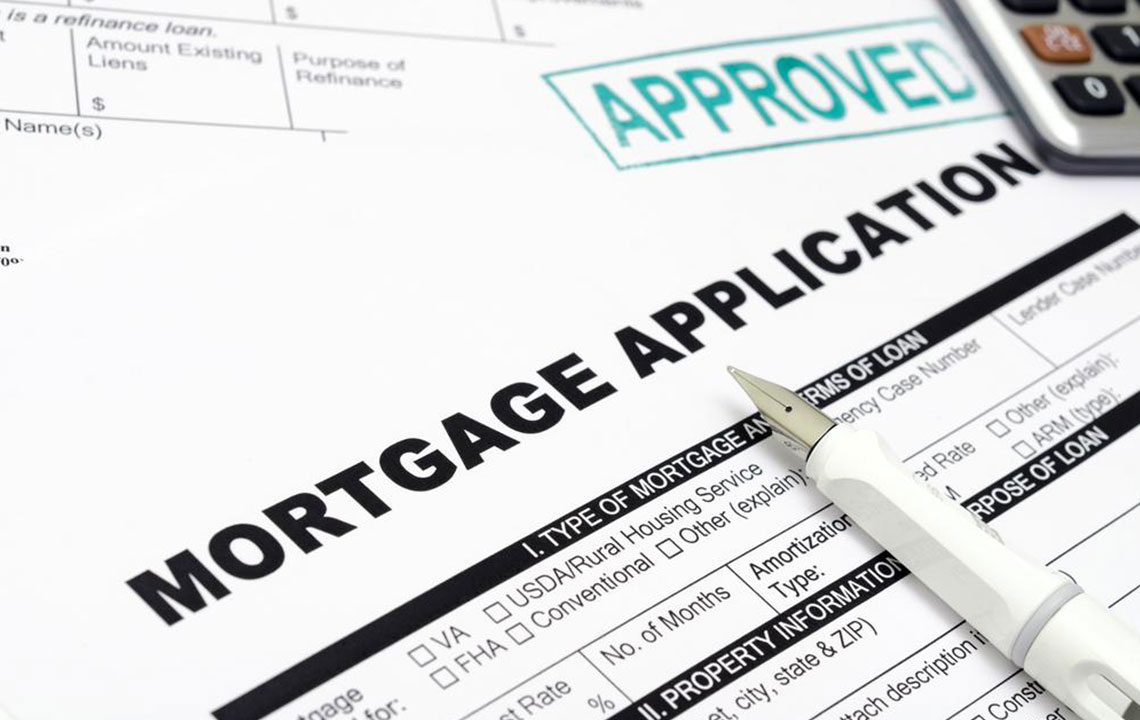Essential Strategies for Securing a Mortgage
This article provides essential tips for securing a mortgage, including financial health assessment, exploring down payment options, understanding loan types, and selecting the right lender. It highlights key strategies and top lenders of 2017 to help prospective buyers make informed decisions in a competitive housing market.

Essential Strategies for Securing a Mortgage
With economic conditions improving and mortgage interest rates hitting historic lows, now is a prime time to purchase property. However, the risk of rates rising later creates a sense of urgency among buyers. Buying a home is a significant financial commitment, and while lenders are more flexible than before, choosing the right lender is crucial. Today’s market offers numerous lending options, making due diligence essential to find the best terms and conditions for your mortgage loan.
Understanding who you borrow from can significantly impact your mortgage process. Here are five key tips for prospective homebuyers along with top lending institutions of 2017 to help guide your decision-making:
Assess Your Financial Health
Purchasing a home is often the largest financial investment you'll make, especially with loans spanning 25 to 30 years. Maintaining strong financial stability beforehand is essential, as poor credit or insufficient income can disqualify you from mortgage eligibility due to lender policies.
Investigate Down Payment Assistance Options
Typical down payments range from 10-20%, which can be a large savings goal. However, many lenders provide flexible down payment plans tailored to your financial capacity. Researching various lenders and exploring online resources can help identify programs that make homeownership more accessible.
Understand Different Loan Types
Mortgages come in various forms, each suited to different needs:
Fixed-Rate Mortgages (FRM): Ideal for long-term stability, with payments spread over 15 to 30 years. While total interest paid may be higher, monthly payments remain consistent.
Adjustable-Rate Mortgages (ARM): Suitable for short-term stayers, with lower initial rates that adjust periodically. Caps typically limit how much interest can change over the loan's lifetime.
Be Aware of Closing Costs
Aside from the down payment, closing costs, usually 2-5% of the home's price, should be factored into your budget. Larger property prices entail higher closing fees. Seek loan options that clearly incorporate these costs to avoid financial surprises during closing.
Opt for Fixed-Rate Mortgages When Possible
Fixed-rate options offer greater payment predictability and stability, especially during periods of fluctuating interest rates. While ARM loans might seem attractive when rates are low, they carry the risk of rate increases later, so locking in a low FRM rate is often the safer choice when rates are at historic lows.
Top Mortgage Lenders of 2017
Choosing a reliable lender is vital for a smooth mortgage process. The best lenders share common qualities:
Competitive and Fair Rates
Offering transparent pricing and favorable loan terms.
Helpful Online Tools
Providing calculators and resources for financial planning.
Responsive Communication
Prompt and clear responses to inquiries and issues.
Exceptional Customer Support
Guiding you through the process and resolving problems effectively.
Popular lenders in 2017 included Quicken Loans, Alliant Credit Union, Citibank, First Internet Bank, and New American Funding. They offer comprehensive service, competitive rates, and thorough consultations to simplify your mortgage journey. Careful evaluation of your lender options ensures financial security and peace of mind during homeownership pursuits.










